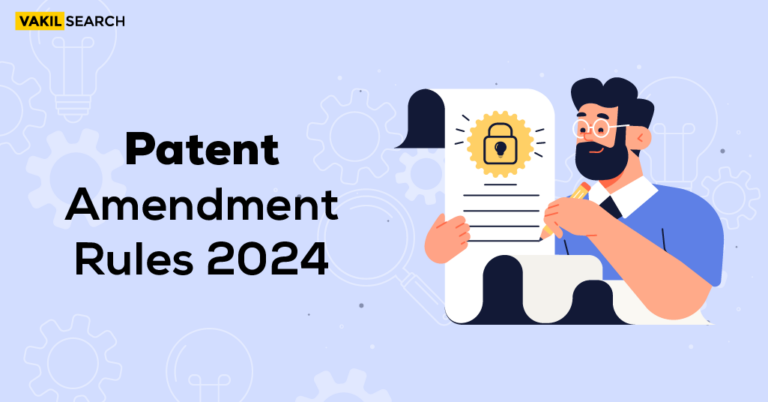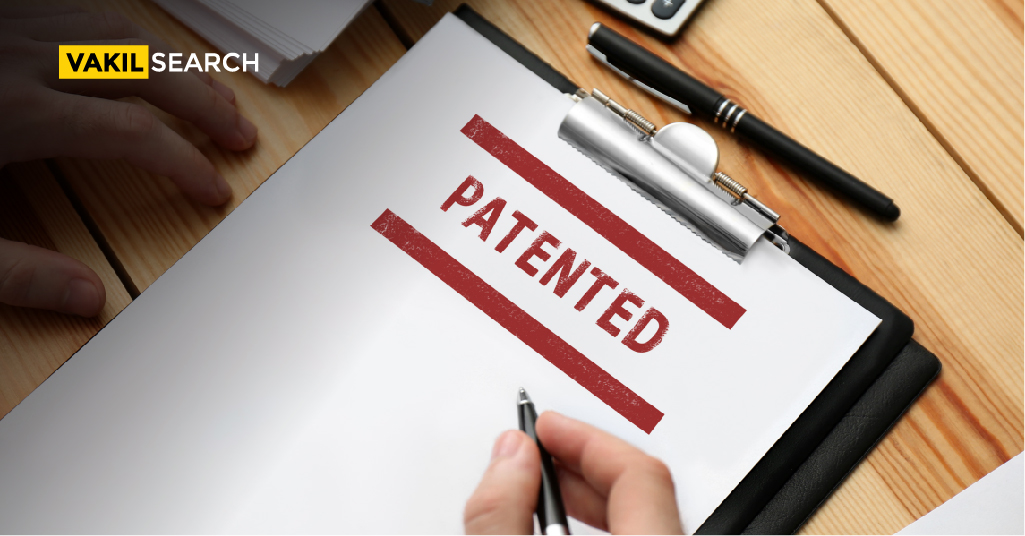Patents are a type of intellectual property that give inventors the exclusive right to make, use, sell, and offer to sell their invention for a limited period of time. There are two main types of patents in the United States: provisional patents and regular patents.
What Is a Patent?
A patent is a type of intellectual property that gives an inventor the exclusive right to make, use, sell, and offer to sell their invention for a limited period of time. Patents are typically granted for 20 years from the filing date of the patent application.
Need for Patent Protection
Patents are important for several reasons. First, they protect inventors from others copying their inventions. This can allow inventors to recoup the costs of developing their inventions and bring them to market. Second, patents can encourage innovation by giving inventors a financial incentive to develop new products and processes. Third, patents can help to promote technology transfer by allowing inventors to license their inventions to other companies.
Provisional Patent vs. Patent
There are two main types of patents in the United States: provisional patents and regular patents, also known as utility patents.
Provisional patent
A provisional patent is a temporary patent application that allows inventors to establish an early filing date for their invention. Provisional patents are less expensive and less formal than regular patents, but they do not provide the same level of protection. Provisional patents expire after one year, and they cannot be converted into regular patents on their own.
Regular patent
A regular patent is a full patent application that is examined by the United States Patent and Trademark Office (USPTO). If the USPTO determines that the invention is new, useful, and non-obvious, a regular patent may be granted. Regular patents provide the strongest level of patent protection and can last for up to 20 years.
Comparison of Provisional Patents and Regular Patents
| Feature | Provisional patent | Regular patent |
| Cost | Less expensive | More expensive |
| Formality | Less formal | More formal |
| Examination | Not examined by the USPTO | Examined by the USPTO |
| Duration | Expires after one year | Lasts for up to 20 years |
| Protection | Provides weaker protection | Provides stronger protection |
| Ability to become a regular patent | Yes, within one year of filing | Yes |
Real-life examples
Example 1:
An inventor has a new idea for a type of smartphone app. The inventor wants to establish an early filing date for their invention so that they can have priority over other inventors who may have similar ideas. The inventor files a provisional patent application. Within one year of filing the provisional patent application, the inventor must file a regular patent application in order to maintain priority. The regular patent application will be examined by the USPTO to determine whether or not a patent should be granted.
Example 2:
A company has developed a new type of medical device. The company wants to protect its invention from being copied by competitors. The company files a regular patent application. The USPTO will examine the patent application to determine whether or not a patent should be granted. If a patent is granted, the company will have the exclusive right to make, use, sell, and offer to sell the medical device for 20 years.
Conclusion
Provisional patents and regular patents both serve important purposes. Provisional patents are a good option for inventors who need to establish an early filing date for their invention but are not yet ready to file a regular patent application. Regular patents are a good option for inventors who want to protect their inventions from being copied by competitors.
Which type of patent is right for you will depend on your specific circumstances. It is important to consult with an experienced patent attorney to discuss your options and get the best possible advice for your situation. Get in touch with Vakilsearch and get tailored advice.
Also Read:










